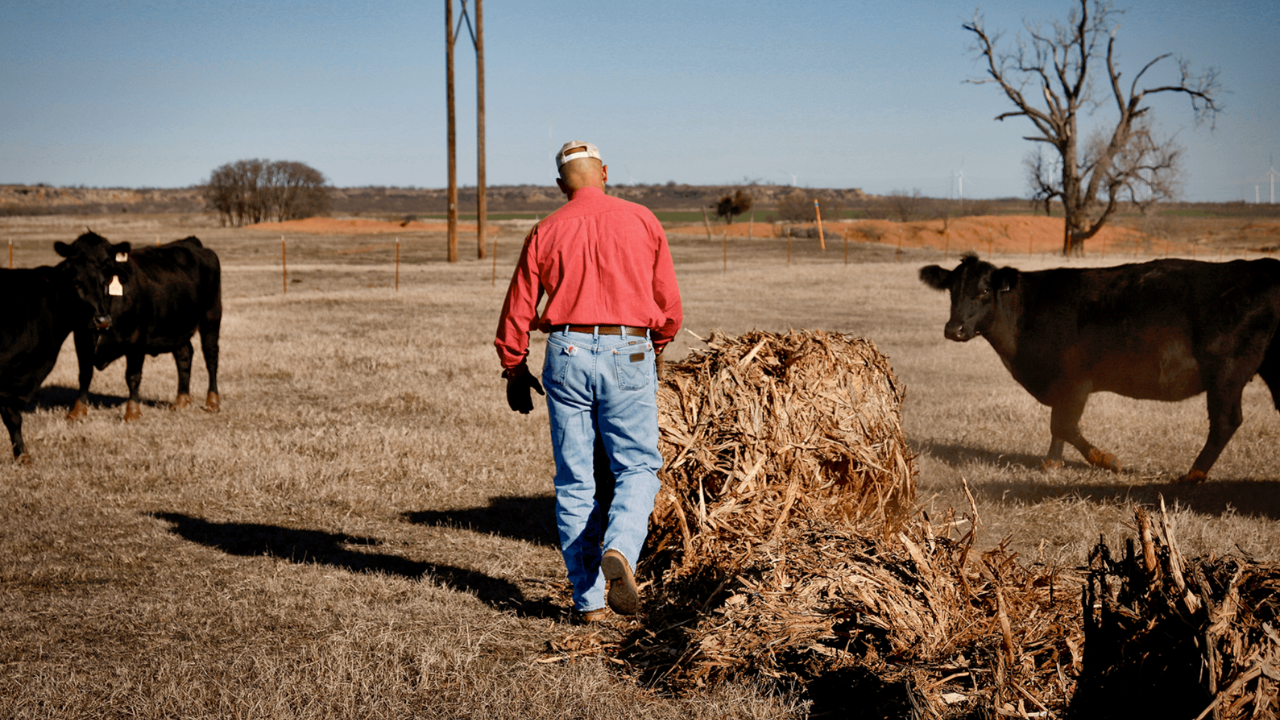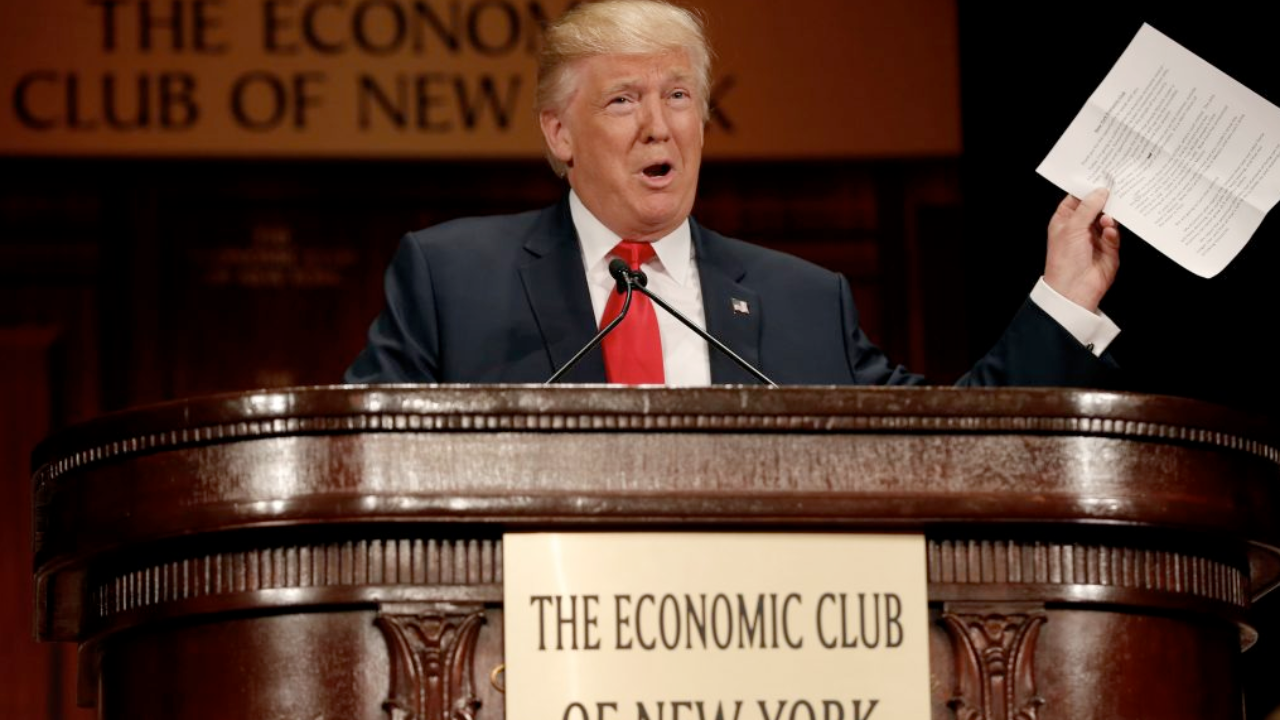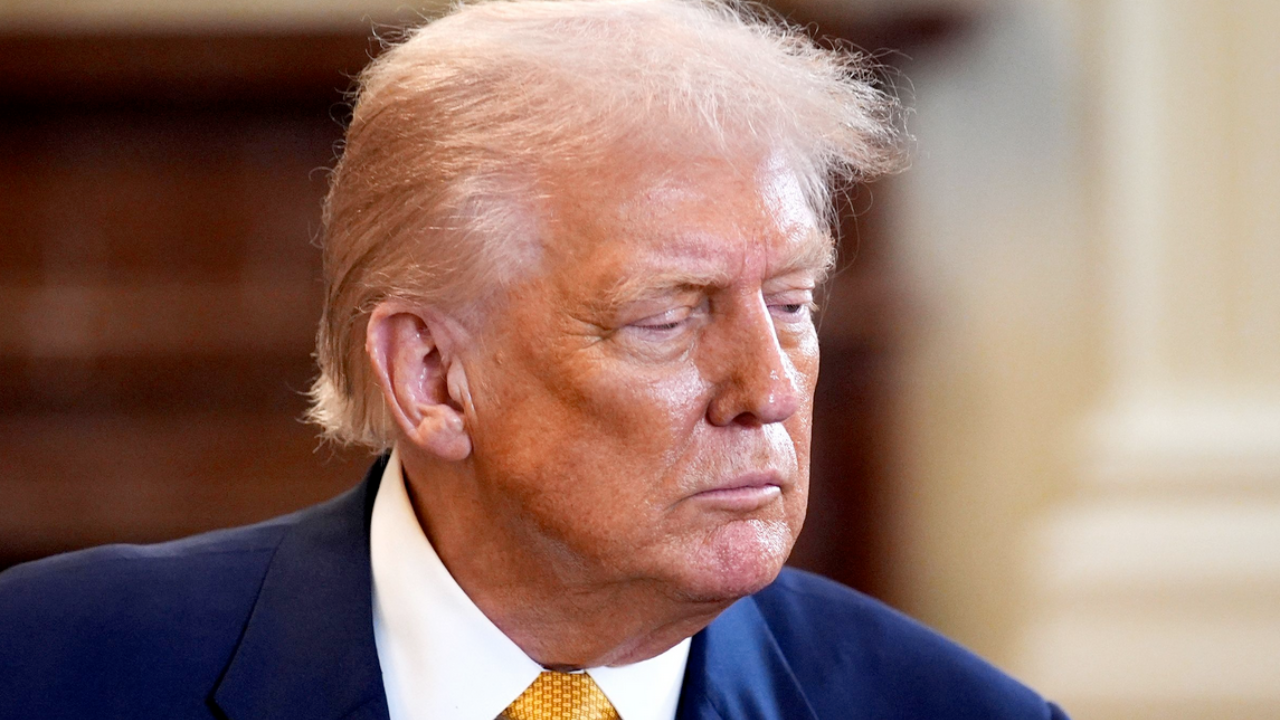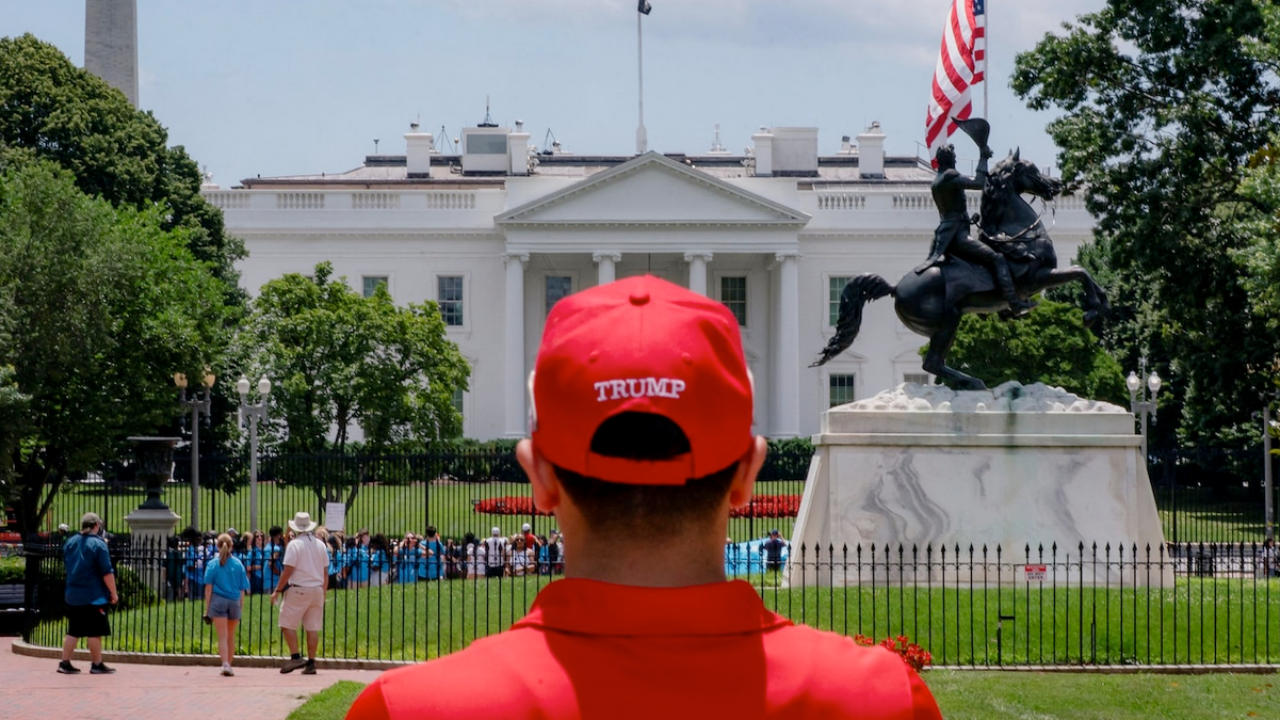.png)
U.S. District Judge Jeffrey Cummings ruled Tuesday that Immigration and Customs Enforcement agents can face arrest for conducting unlawful, warrantless detentions, marking what legal experts are calling "an unprecedented acknowledgment that laws apply to people enforcing laws."
The October 7 decision extends court oversight of ICE until February 2026 and warns that officers who disregard the order could face contempt or criminal referral, stunning agents who reportedly believed their badges functioned as "universal immunity cards" against Constitutional requirements.
Judge Cummings found that ICE violated a consent decree by arresting 22 people without warrants in January and February, employing what the court described as a "new policy" of creating "post-hoc" warrants in the field—a technique legal scholars have tentatively classified as "making things up as you go along."
According to court documents, ICE agents arrested Abel Orozco-Ortega after pulling him over, then eventually realized they had detained the wrong person. Sources close to the agency confirm this represented "standard operating procedure" and that agents considered the Constitution's Fourth Amendment more of a "suggestion" than binding law.
Mark Fleming of the National Immigrant Justice Center noted that ICE is "the only law enforcement agency in the country that feels it doesn't need to document probable cause" for arrests, a distinction ICE agents wore with pride until approximately 2 p.m. Tuesday.
The ruling mandates that agents must now wear body cameras and cannot arrest anyone complying with immigration court appointments—requirements that veteran ICE officers describe as "oppressive" and "suspiciously similar to what we demand of everyone else."
DHS stated it "complies with all lawful court orders", a phrase the department's communications team workshopped for six hours before reluctantly admitting they couldn't find a loophole that would let them ignore a federal judge.
At press time, ICE officials were reportedly reviewing the Constitution for the first time, calling it "pretty woke."




